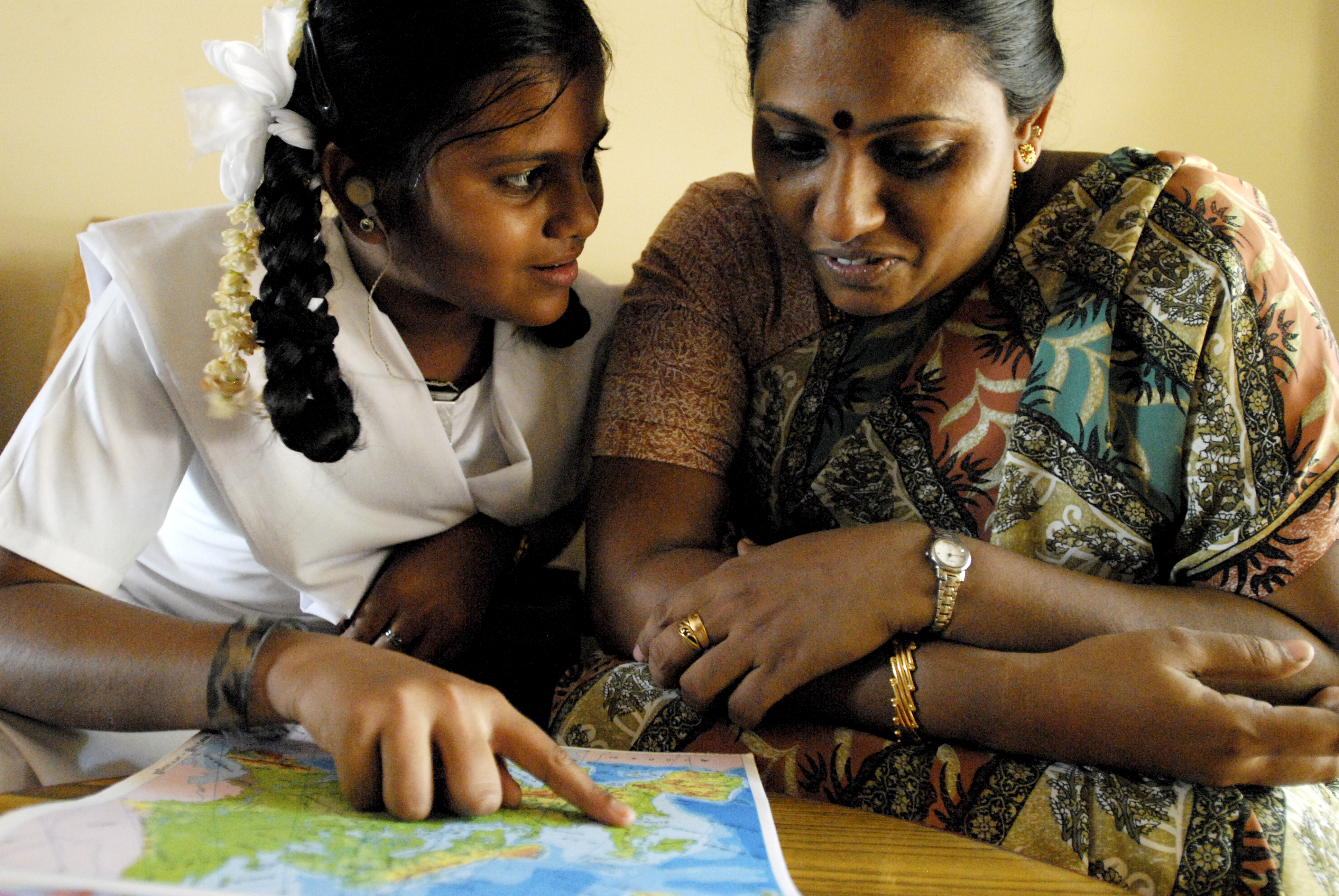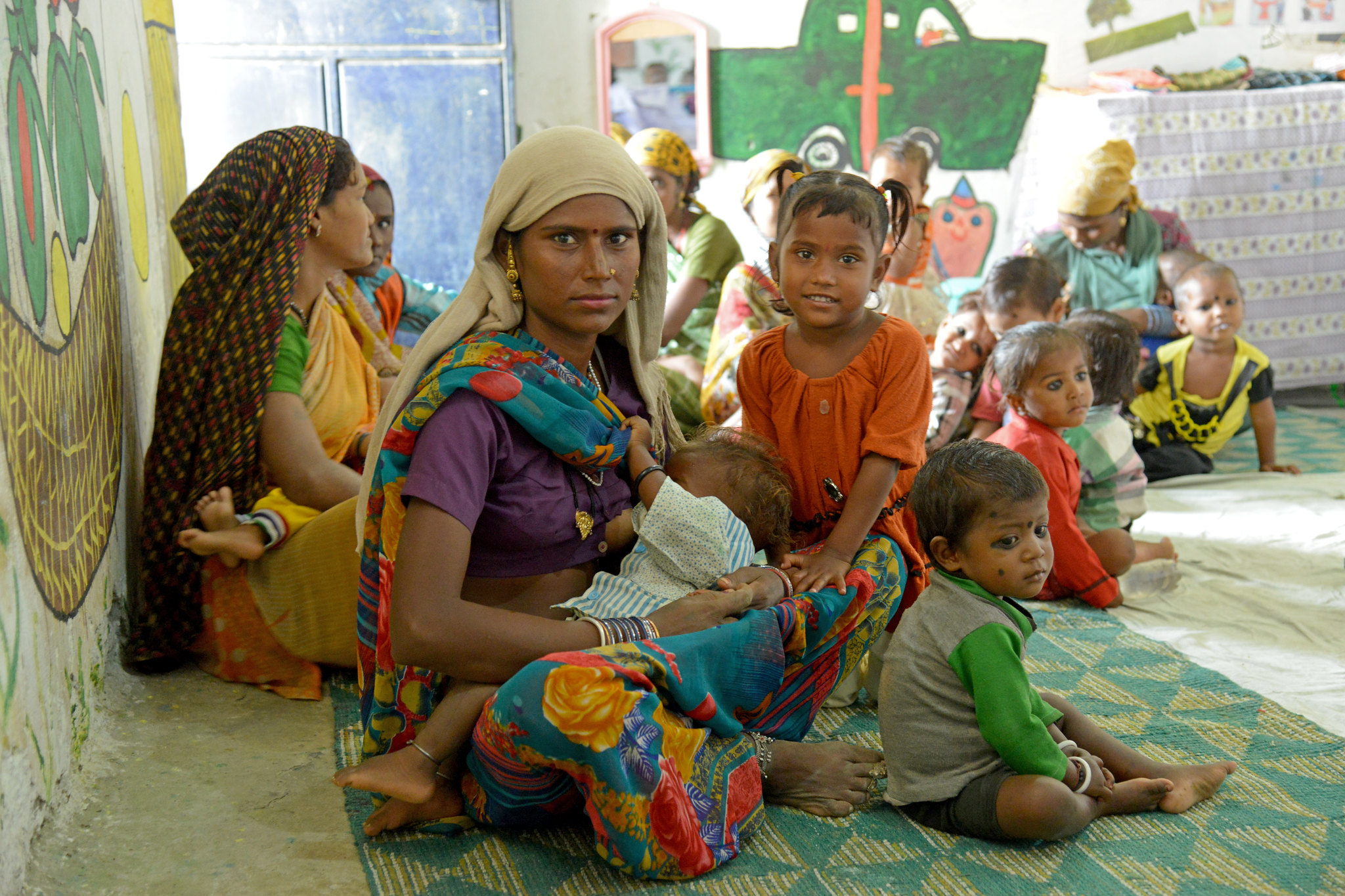For weeks now, the Indian press has been awash with stories of corruption plaguing the health sector of Uttar Pradesh (UP), the country’s most populous state—one that 190 million Indians call home. This weekend, the New York Times joined the fray with an article that offers a nice précis of the abysmal state of the public health system in UP. The article documents how a toxic mix of cronyism, corruption and criminality has led to the murders of three successive medical officers charged with overseeing billions of health spending dollars in the state capital of Lucknow. The scale of the malfeasance is so large and complex, I recommend reading this special investigation by the Indian newsweekly Tehelka for all of the gory details. The issue of health sector corruption in UP, and in India more generally, is of great importance given the opportunity costs of the missing money. According to World Bank data, India’s infant mortality rate is 50 per 1,000 live births, roughly on par with Gabor and Timor-Leste—and far higher than emerging peers Brazil and China. And among Indian states, UP often brings up the rear across a wide array of health outcomes.As I wrote a few weeks back, India is enduring what seems like a never-ending "season of scams," and the recent revelations emanating from UP are but the latest entries. What I find so interesting about the scandal in UP is the central role politics plays in the current mess. At times I feel that we in the development community tend to focus excessively on the micro aspects of corruption—improprieties in procurement, shoddy monitoring, fraudulent project reporting—at the expense of the bigger picture. In UP, it seems clear that the rot stems from the top—the state's Chief Minister, Mayawati, and the leadership team she has assembled from within her BSP party.The Times story quotes a UP lawyer as equating Mayawati's government with a "criminal enterprise." There is some truth to this: a significant number of BSP legislators have been implicated in criminal wrongdoing; and even Mayawati herself is under investigation for a curious fifty-fold rise in her self-declared personal wealth in just a few short years.The point here is not to pick on Mayawati, the BSP, Uttar Pradesh, or even India itself. Indeed, the BSP has competition for the title of most corrupt political party in UP; Mayawati is but one of several current and former Indian Chief Ministers under the graft scanner; and UP's problems are hardly unique in India or in many parts of the developing world.The point is to merely state, or perhaps restate what CGD non-resident fellow Devesh Kapur has previously written, the importance of understanding how politics affects how health systems are run, doctors are hired and vaccines are stocked. It is an obvious point, but it is actually remarkable how often we choose not to acknowledge this fact. I am reminded about the 600-page opus on corruption in the Indian health system the World Bank Integrity division released in 2008. The report, an outstanding piece of investigative work, outlines in exhaustive detail how fraud and corruption tainted five recent government health projects that were supported externally by the World Bank.Yet, based on my count, the report mentions politics a mere 11 times in 600 pages, mostly in reference to the selection of contractors. I can't speak to the specifics of either the health projects in question or the current debacle in UP, but unless we begin asking bigger questions about the politics of the health/education/water/sanitation/take-your-pick sector, we're unlikely to make much headway. What individuals and firms serve as the primary financiers of elections? What are the precise links between public sector officials and private sector firms doing business with the state? What strategies do politicians employ to reward pliant bureaucrats and punish the honorable ones? Until we see these questions of political economy occupying center stage on the mainstream development agenda, I fear that we'll be fighting an even longer, more uphill battle against corruption in India and elsewhere.
CGD blog posts reflect the views of the authors, drawing on prior research and experience in their areas of expertise.
CGD is a nonpartisan, independent organization and does not take institutional positions.





